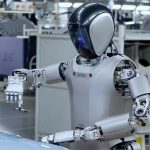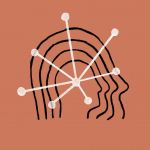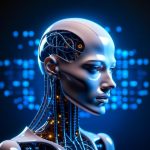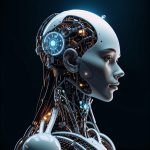Apple developing Pixar-style robots

Renowned Apple analyst Ming-Chi Kuo revealed that the tech giant is actively researching both humanoid and non-anthropomorphic robot forms. This is confirmed by the company’s recently published research paper examining human-robot interaction, particularly with a Pixar-style robotic lamp.
Apple’s unusual openness regarding these developments is noteworthy. The company, known for its secrecy (recently demanding public apologies from a former iOS engineer for leaking Vision Pro information), is actively publishing robotics research. Experts link this to the need to attract talented engineers amid accelerated development of generative AI.
According to Kuo’s estimates, mass production of Apple robots may not begin until 2028, and that’s under an optimistic scenario. The analyst characterizes current developments as an “early concept proof,” reminding that the Apple Car project was terminated at a similar early stage.
Kuo notes that, based on supply chain data, Apple is more concerned with how users will interact with robots than their appearance. This indicates that the company is focusing on developing sensory equipment and software as key technologies.
Currently, Apple appears to be in an active experimentation phase, working on various robotic systems: from simple mechanisms to complex humanoid robots. The term “anthropomorphic” can apply to robotic systems that borrow human characteristics but don’t necessarily fully replicate the human body with two arms, legs, and a face.





